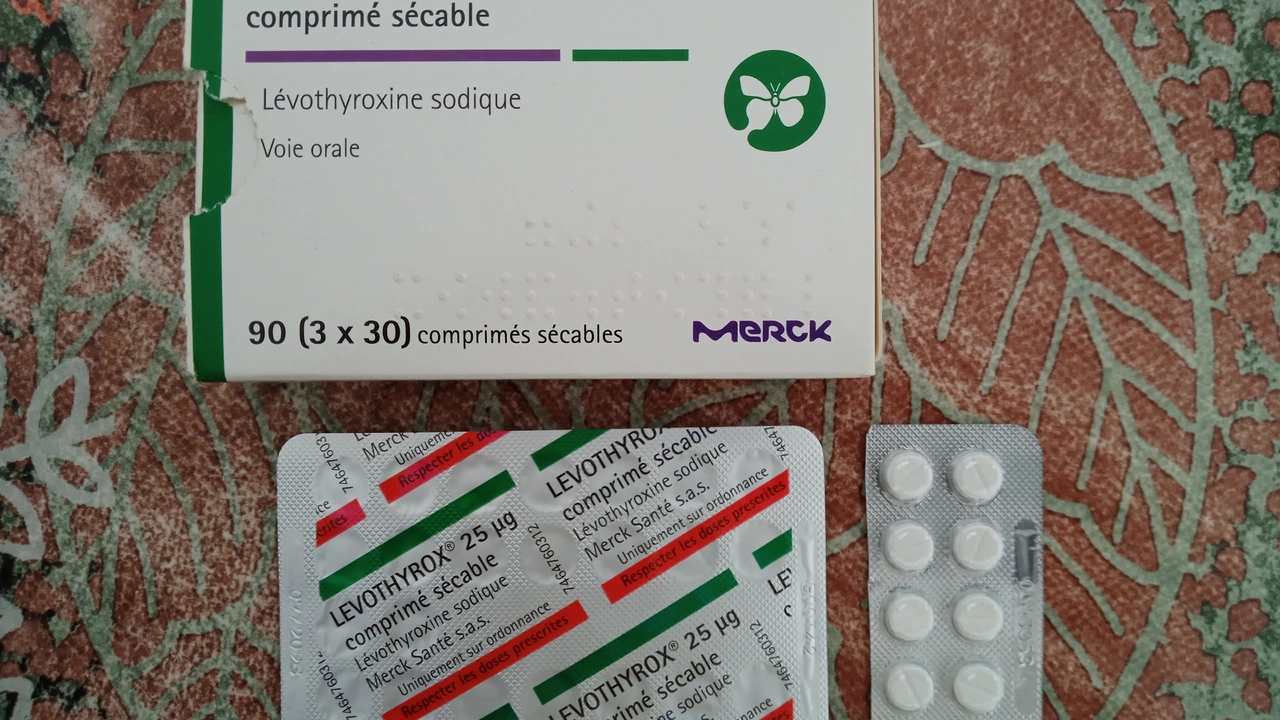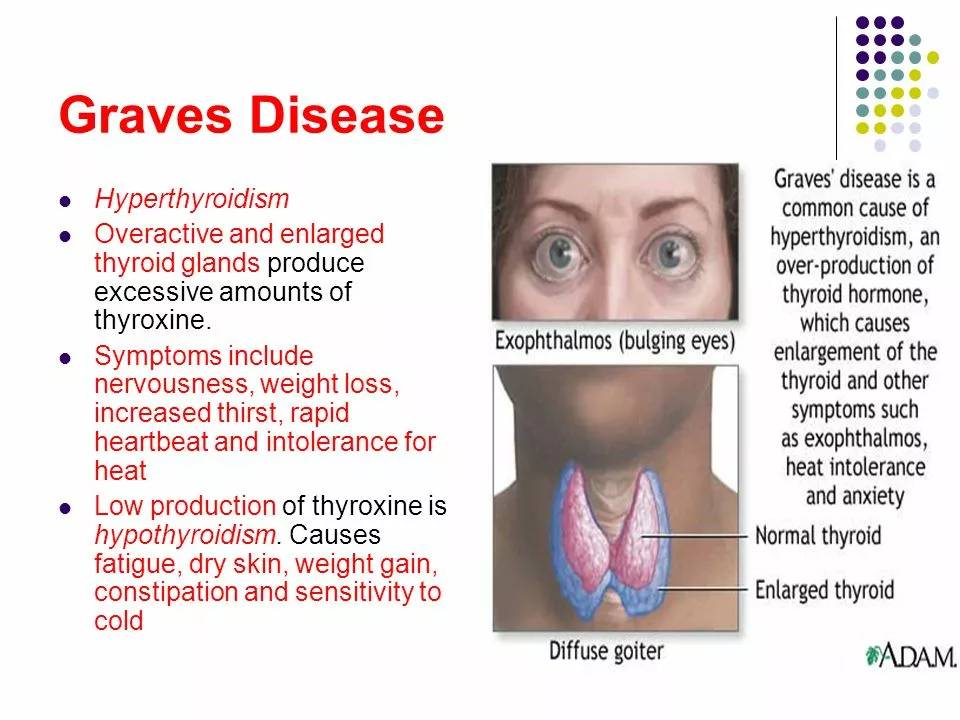Levothyroxine: What It Does, How to Take It, and How to Save
Levothyroxine treats an underactive thyroid (hypothyroidism). It replaces the hormone your thyroid no longer makes and helps your energy, weight, mood, and body temperature get back on track. Lots of people take it for years, so getting the timing, dose, and drug interactions right matters.
Easy dosing rules that really help
Most people take levothyroxine once daily in the morning on an empty stomach — aim for 30 to 60 minutes before breakfast. Another option is taking it at bedtime, at least 3–4 hours after your last meal. Stay consistent: pick one time and stick to it. Missing a dose? Take it as soon as you remember that day, but don’t double up the next day.
Typical doses vary: many adults use 50–125 mcg daily. Some doctors calculate about 1.6 mcg per kg of body weight for a full replacement dose. Older adults or people with heart problems often start lower (25–50 mcg) to avoid strain on the heart. Never change dose on your own — small changes affect how you feel.
Watch for interactions, side effects, and testing
Several things lower levothyroxine absorption: calcium supplements, iron pills, antacids with aluminum or magnesium, some soy products, and high-fiber meals. Space these at least 4 hours away from your thyroid pill. Certain medications (rifampin, phenytoin, carbamazepine) and herbal products can speed up clearance and require dose changes.
Too much levothyroxine feels like anxiety: racing heart, trouble sleeping, shakiness, or weight loss. Too little looks like fatigue, weight gain, cold sensitivity, and slow thinking. Your doctor checks TSH and sometimes free T4 about 6–8 weeks after any dose change, then less often once you’re stable — usually every 6–12 months.
Pregnancy often requires a higher dose because the body needs more thyroid hormone. If you’re pregnant or planning pregnancy, tell your provider so they can monitor and adjust your dose promptly.
Storage is simple: keep pills in a dry place at room temperature. Don’t store them in the bathroom where humidity varies.
Want to save money? Generic levothyroxine is widely available and much cheaper than brand names. Use a reputable pharmacy and keep the same product if your doctor advises it — switching between brands can cause small hormone shifts for some people. Ask your pharmacist about coupons, manufacturer savings programs, or bulk pricing. Always buy with a valid prescription and avoid sites that don’t show a licensed pharmacy or pharmacist contact.
If you’re unsure about symptoms, interactions, or where to buy levothyroxine safely, talk with your doctor or pharmacist. A quick check-in can prevent missteps and keep your thyroid treatment working smoothly.
The Connection Between Levothyroxine and Headaches: What You Should Know
- Robin Tudge
- July 31, 2023
- 15 Comments
Hey there, fellow health enthusiasts! So, I've been diving into this fascinating topic about the link between Levothyroxine, a common thyroid hormone replacement drug, and our old unwanted friend, the headache. It's like a plot twist in a soap opera, who'd have thought, right? But surprise, surprise, some studies indicate that there could be a connection. So, if you're on Levothyroxine and have been battling the 'Headache Monster', it might not be your stressful job or the kids driving you up the wall, it could be your medication. Stay tuned for more health mysteries unraveled!
read moreThe Impact of Levothyroxine on Cholesterol Levels
- Robin Tudge
- May 14, 2023
- 10 Comments
In a recent study, I discovered that Levothyroxine, a medication commonly prescribed for hypothyroidism, has a significant impact on cholesterol levels. It turns out that this drug effectively lowers high cholesterol levels, which are often associated with an underactive thyroid. As a result, patients taking Levothyroxine not only experience an improvement in their thyroid function, but also a reduction in their risk for heart disease. This is great news for people with hypothyroidism, as they can now manage their condition and maintain their heart health simultaneously. Further research is needed to fully understand the long-term effects of Levothyroxine on cholesterol levels, but the initial findings are certainly promising.
read more

